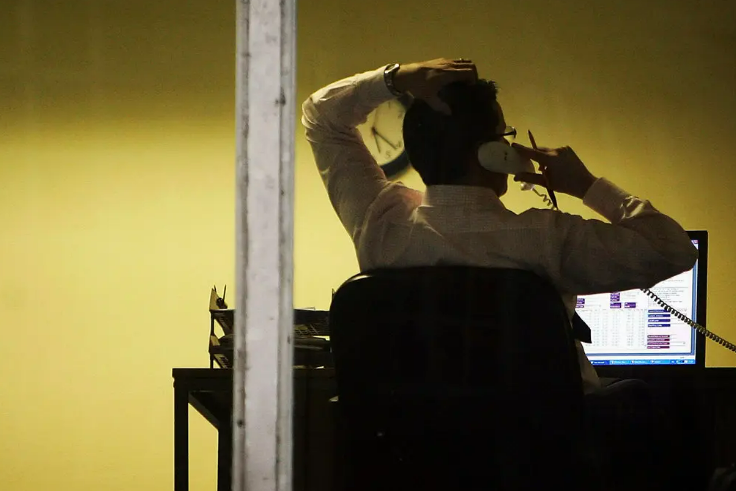我们通过发表论文来表彰学生 STEM 写作比赛的前八名获奖者。这是何炳强的。

The Dunning-Kruger Effect: Why Incompetence Begets Confidence
Meet Dave. After a year of creating campaigns for a marketing company, Dave is convinced that his advertising skills are the best in his department. In his mind, his incredibly original content warrants a nice bonus. But when his manager hands him an annual review, his face falls. “This isn’t right,” Dave says, incredulous. He points at the section that marks him at the bottom 25 percent of employee performance and asks if it’s a mistake.
Dave’s case illustrates a psychological phenomenon called the Dunning-Kruger effect.
The Dunning-Kruger effect, coined by the psychologists David Dunning and Justin Kruger in 1999, is a cognitive bias in which poor performers greatly overestimate their abilities. Dunning and Kruger’s research shows that underperforming individuals “reach erroneous conclusions and make unfortunate choices, but their incompetence robs them of the ability to realize it.” This incompetence, in turn, leads them to “hold inflated views of their performance and ability.”
To reach these findings, Dunning and Kruger conducted a study that tested participants’ abilities in humor, logical reasoning and grammar. Before showing the participants their scores, Dunning and Kruger had them judge their performance on a percentile scale. What they found across all three categories confirmed their prediction of self-inflated assessment among underperforming individuals: participants scoring around the 15th percentile evaluated their percentile placements to be approximately 50 percent higher. And although results also indicated a slight overestimation by the average-scorers and a slight underestimation by the top-scorers, Dunning and Kruger focused on investigating the substantial overestimation by the bottom-scorers.
Were the underperforming individuals unable to recognize competence due to their own lack of it? To address this, Dunning and Kruger invited back the bottom-scoring and top-scoring participants and gave them the other participants’ tests to grade. Afterward, the participants were asked to re-evaluate their original testing score. The bottom-scorers, instead of recognizing their underperformance and lowering their rank accordingly, continued to elevate their scores. This suggested that the bottom-scorers needed competence to perceive competence.
If it takes competence to be aware, how are underperformers supposed to recognize their own lack of ability? The answer is in the question itself. Because it takes competence to be aware, underperformers must become competent. After training the bottom-scorers in logical reasoning, Dunning and Kruger discovered not only that their scores improved, but also that they no longer inflated their scores. These results indicate that knowledge and experience are crucial for gaining both ability and self-awareness.
In essence, we can’t reach a high level of competence without actively seeking feedback and knowledge. And for any activity — whether it’s marketing, parenting, football or underwater basket-weaving — it takes an open mind to gain the experiences that help us see our mistakes and grow from them.
The hallmark of intelligence, according to Dunning, is being “good at knowing what we don’t know.” If we want to avoid the impact of cognitive biases such as the Dunning-Kruger effect and if we want to better ourselves overall, it’s vital that we’re aware that there is always more to know.
Works Cited
Cherry, Kendra. “The Dunning-Kruger Effect.” Verywell Mind, 14 June 2019.
Kruger, Justin, and David Dunning. “Unskilled and Unaware of it: How Difficulties in Recognizing One’s Own Incompetence Lead to Inflated Self-Assessments.” Journal of Personality and Social Psychology, Dec. 1999.
Morris, Errol. “The Anosognosic’s Dilemma: Something’s Wrong but You’ll Never Know What It Is (Part 1).” The New York Times, 21 June 2010.